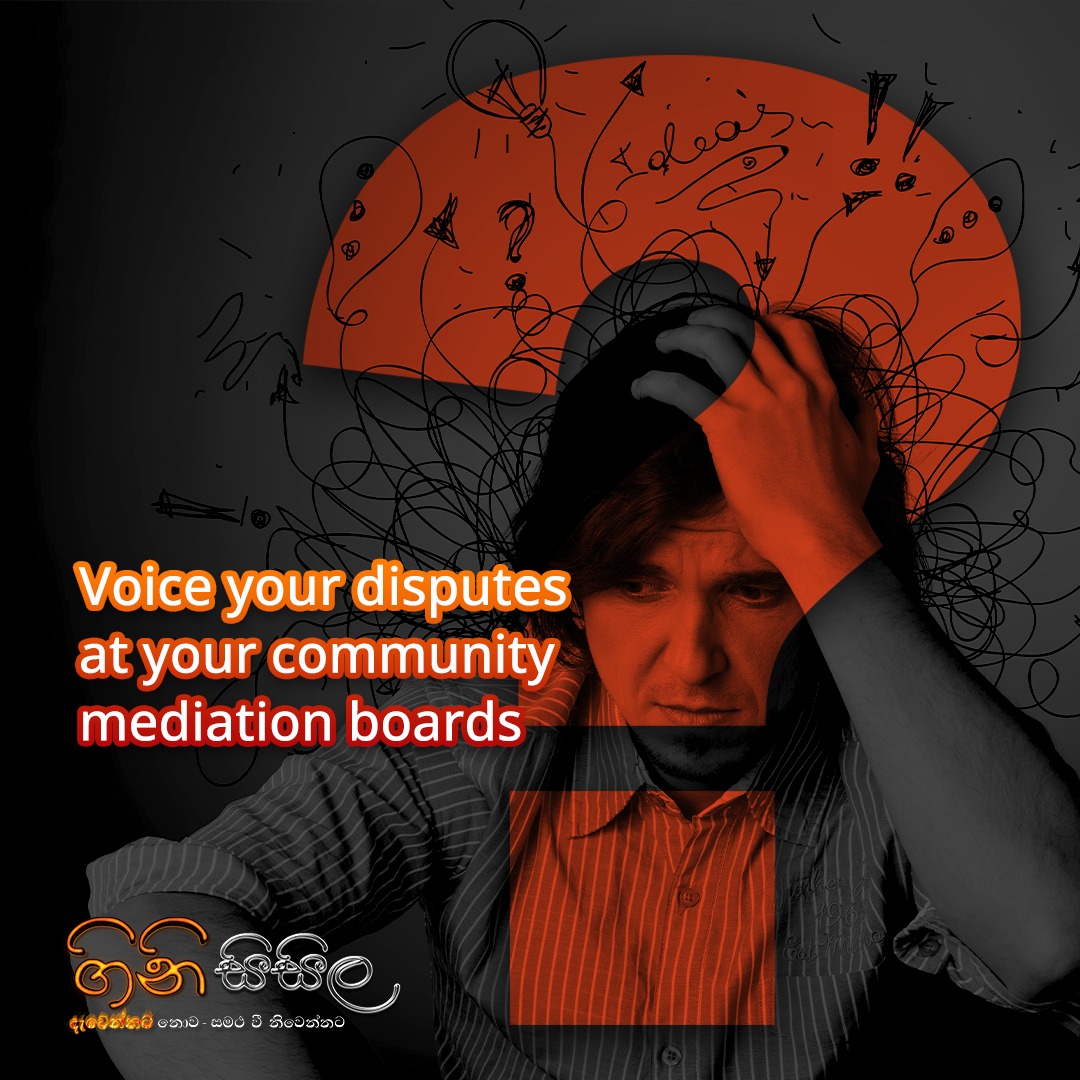 Youth and conflict
Youth and conflict
Conflicts are understood differently by young people depending on their experiences in society. As opposed to what society typically perceives as a conflict, it encompasses a much broader spectrum than mere disagreements.
Conflicts often arise as a result of differences in perception in the youth community. Even though individuality is a personal characteristic, it is likely to differ from person to person depending on their social background and environment. These differences are also influenced by nature and the environment, with individuals also having the potential to change in response to factors such as education, experience, religion, and culture, as well as inherited traits from past societies.
Having a better understanding of conflict situations can have a positive effect on a person’s ability to resolve the same while also broadening their perspective.
The role of education in emotion management
The raising of a well-balanced, responsible personality is neglected in Sri Lanka’s education system, where instead the sole focus is on obtaining employment and maintaining a livelihood. The unreasonable expectations placed on children to become professionals such as engineers or doctors limit their opportunities to grow and discover their own individual talents and interests.
In order to handle conflicts effectively during their school years and throughout their adult lives, students need to be educated about emotional management at school. It is disheartening to observe the behavior of young people in relation to conflict resolution while in college. It reflects the lack of emotional management skills among young people, who are unable to deal with their own problems; instead focusing on fulfilling the agendas of influential individuals.
The tolerance of diversity among youth
First encounters with diversity occur in the school environment. The discipline and lessons from school prepare them for diversity and individuality as adults. Indeed, having sympathy and empathy for other peoples’ sadness, pain, and happiness, can reduce social conflicts.
Often, long-standing conflicts are the result of misinformation, misperceptions, and incorrect attitudes. The conflict becomes more serious as a result of resentment that has developed over time toward the individual, rather than as a result of the incident itself.
The concept of mediation.
The concept of mediation (Samathakaranya) has been around throughout history as a method of resolving disputes. A mediation process has the ultimate purpose of resolving disagreements by taking ownership of both the problem and the solution that can be agreed upon by both parties. A Mediation Board empowers the parties involved by fostering their sense of self-assurance, confidence, and ability to openly discuss disputes and reach an agreement. Similarly, the mediators remain impartial and do not exhibit any bias towards any of the parties involved in the dispute. Additionally, they avoid coming to predetermined conclusions and ensure that the process is handled humanely and sensitively without harming anyone or creating conflict within the community.
Do Mediation Boards work well to resolve conflict between young people?
Currently, in Sri Lanka, there are 329 Conciliation Boards in operation, each consisting of a minimum of 12 members. A 40-hour course in mediation and communication techniques is required of Mediation Officers, and the final scores after a one-hour exam determine their selection.
Mediation Boards can settle disputes for youth of all ages despite their limited scope, and is the appropriate forum for anyone wanting to represent themselves in their own disputes.
The individual or party responsible for causing a dispute should not be viewed as an adversary during mediation. The principles of mediation teach that the most effective solutions to problems often result from engaging with those who might initially appear to be opponents. Communicating and solving problems in this manner leads to greater success.
An organization that respects the privacy of youth
First and foremost, the Mediation Board is responsible for maintaining the confidentiality of the problem you present. An adult may be able to assist you in discussing the issue freely, even if it is related to a romantic relationship. Following that, they provide the necessary guidance for resolving the dispute.
As a participant in mediation, you have the opportunity to analyze your problem according to your own preferences. The Mediation Board offers young people an excellent opportunity to seek guidance and support for their problems in a safe and open environment. In order to ensure the country’s future health and well-being, the Board is dedicated to listening and providing assistance to individuals while also maintaining their right to privacy.
The integration of mediation into school and university systems
The importance of mediation education in schools and universities cannot be overstated. With the assistance of the British Council, the Mediation Board Commission and the Ministry of Justice developed and launched a program in 2004 to address this need. A Mediation Unit was to be established in schools as part of the program. Essentially, this process involves referring certain disputes among school students to the school’s Mediation Unit which comprises senior students. Consequently, the school will establish a Mediation Unit comprising 25 students and five teachers. The Conciliation Unit consists of senior students who mediate disputes between parties.
It is not sufficient to implement a Mediation Unit at the school level alone. The need for its implementation at the university level has also emerged. University education should not only impart subject knowledge, but also cultivate a well-rounded student body that is acquainted with social issues, exposed to diverse forms of art and culture, and has an appreciation for literature. In addition to academic objectives, this is also a societal responsibility.


Post a Comment